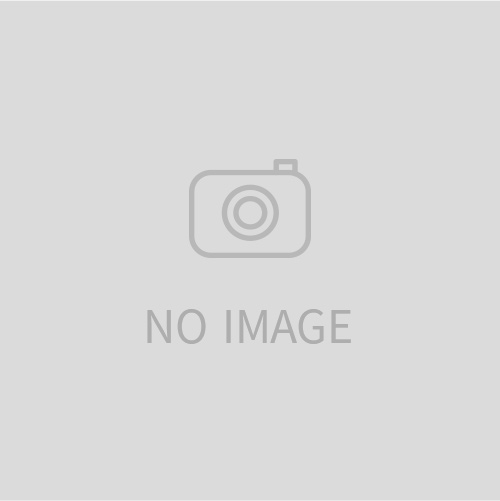Company Overview
Representative
Daeyoung Lee, Donggi Lee
Company Type
Manufacturer
Year founded
2005
Business
manufacturing
Event
Manufacturing/Production/Chemistry
Number of employees
50 to 299 people
Annual turnover
More than 12 billion won ~ less than 40 billion won
Featured Products
tile
Representative number
+82-504-3179-5823
Company Introduction
Since founded in 2005, Taeyoung Ceramic is constantly striving to develop technology and market-leading products.
We have been collaborating on numerous projects with leading Korean construction companies, and we make our efforts to create a beautiful living space for all with supplying Taeyoung Ceramic products through a nationwide distribution network.
Taeyoung Ceramic's Anti-Virus Tile is an antibacterial tile developed by applying silica-based water-soluble mineral ions. Silica-based water-soluble mineral ions are harmless to the human body while block disease-causing bacteria. Antibacterial tiles with such silica-based water-soluble mineral ions suppress the growth of bacteria and remove mold. Our products have been tested for antibacterial activity of Pseudomonas aeruginosa, Escherichia coli, and Staphylococcus aureus, which are the easiest to come into contact with in daily life, and 99.9% of antibacterial activity has been verified.
We have been collaborating on numerous projects with leading Korean construction companies, and we make our efforts to create a beautiful living space for all with supplying Taeyoung Ceramic products through a nationwide distribution network.
Taeyoung Ceramic's Anti-Virus Tile is an antibacterial tile developed by applying silica-based water-soluble mineral ions. Silica-based water-soluble mineral ions are harmless to the human body while block disease-causing bacteria. Antibacterial tiles with such silica-based water-soluble mineral ions suppress the growth of bacteria and remove mold. Our products have been tested for antibacterial activity of Pseudomonas aeruginosa, Escherichia coli, and Staphylococcus aureus, which are the easiest to come into contact with in daily life, and 99.9% of antibacterial activity has been verified.













